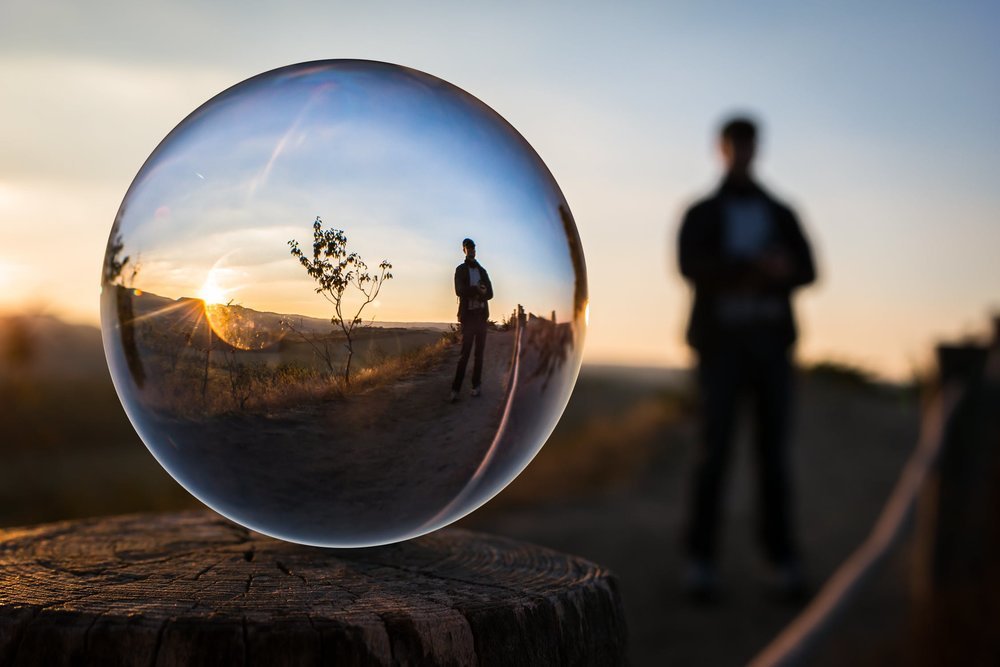New Year, New Possibilities
Getting fit, striving for a ‘healthy body’ is top of most new year resolution lists, but what about a healthy mind?
One of my mindfulness teachers, Vidyamala Burch, once said to me:
Working with our mind is one of the most remarkable things we can do with our life.
It wasn’t anything I hadn’t heard before but the way she said it, deepened my understanding of the significance of what she said and the potential to experience my life differently. It also reminded me that working with my mind is completely in my control. I can change my mind: my habits, my reactions, my attitudes, my outlook, how I feel about myself, others and my life. How wonderful and liberating – and what an opportunity.
Neuroscience research shows that mindfulness meditation can change the brain’s structure resulting in major benefits to wellbeing including improved regulation of emotions, greater focus and reduced levels of stress.
When we practice mindfulness, we explore our inner life: feelings, impulses, motivations, fixed beliefs, triggers, blind spots, fears, attitudes…
When we practice mindfulness, we develop:
Awareness: waking up to what’s happening inside and outside of ourselves moment by moment.
Insight: seeing things how they really are and not through the lens of our mind-made narratives (e.g. I’m not good enough, I’m pathetic, I will never change, others are better than me, nobody likes me…).
For example, if I look through the lens (fixed belief) of ‘Nobody likes me’, everything that people say, how they interact with me, confirms that ‘Nobody likes me’ and reinforces this narrative. It’s called confirmation bias.
Kindness: the bedrock of all positive attitudes is kindness - without it no other positive attitudes are possible. Kindness does not mean being nice all the time. It means being open, curious, friendly, honest, caring.
Compassion: being willing to feel our feelings and emotions, our difficulty and pain, as they are, without pushing them away or over-identifying with them. We are able to say: ‘This is difficult. This is painful.’ When we bring compassioante awareness to our experience, it changes because we don’t resist it anymore, we turn towards it.
Relationality: how we relate to ourselves and others. As human beings, we are always in a relationship with ourselves and others. We are interconneced and interdependent. The quality of relationship we have with ourselves determines the quality of relationship we have with others.
If you’d like to explore mindfulness and / or coaching with me, why not book an initial complementary chat to find out more by emailing me at karen@greenspacecoaching.com


